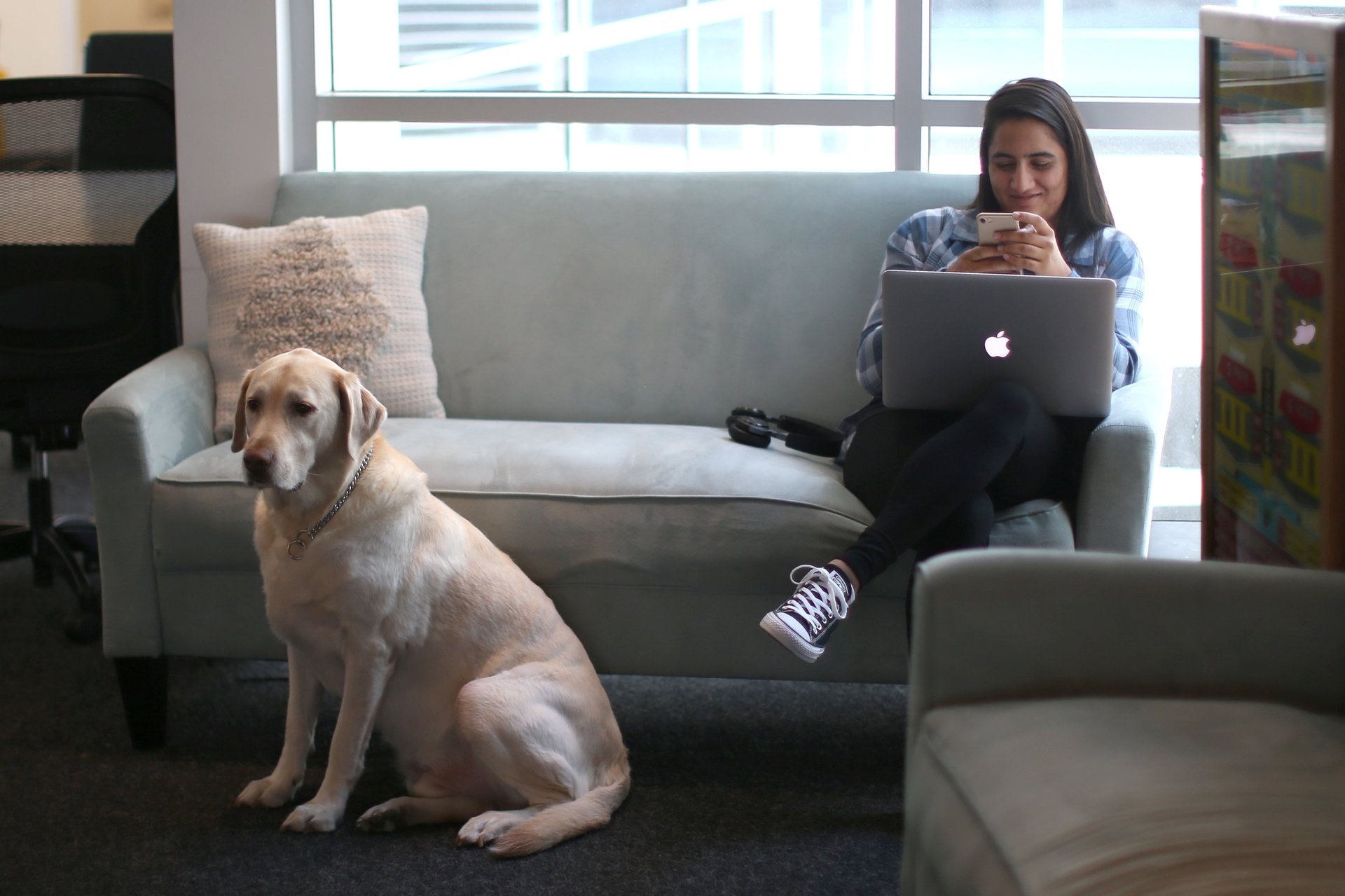Nestle is prioritizing coffee, pets, and bottled water and that says a lot about the world today
Nestle’s shareholders have staged an intervention. Well, at least one very big one has.


Nestle’s shareholders have staged an intervention. Well, at least one very big one has.
This week the food and drink company said it would buy back around $20.8 billion worth of its shares over a three-year period, amid growing pressure from New York-based hedge fund Third Point, owner of 1% of Nestle stock. The fund wants Nestle to show some aggression and shake things up so it can get a return on its $3.5 billion investment.
Nestle frequently hasn’t met its own goal of 5-6% sales growth, so it scrapped it in February. (paywall)
The intervention marks a shift in priorities. This means less ice cream. Maybe even the end of frozen goods. Sweets could also get the axe.
Instead, Nestle will be focusing on “high-growth” areas that say a lot about the world today.
Coffee
We live in a world of workaholics. “Working 9-5” is little more than a catchy song for most. Technology means people can access their emails 24/7 and plug in from home. All this hard work might be counterproductive, yet evidence suggests people like it or, at least, think more highly of those bosses who champion it.
Caffeine helps make these longs days go round. Thus, more energy drinks and copious cups of coffee.
Pet care
We might be better connected, but we are also lonelier than ever. It could even be why Trump and Brexit happened. (Hannah Arendt once said loneliness leads to totalitarianism. We might not be there yet, but we are certainly susceptible to extreme ideology.)
Western folk are also choosing to work longer and settle down with kids later. Furry friends help those who crave companionship in the meantime. Pet care has become a booming industry: Americans spend $44bn annually on pet food, for example.
Infant nutrition
The world’s population is growing. More people means more food, but simply consuming calories is no longer good enough. Food has to be of the right sort to make a difference to a child’s growth and development.
Convenience is also key. Developing countries are getting richer, more urban, and more equal. This makes nutritious baby formulas and prepared foods all the more desirable.
Bottled water
In an age of wellness, sugar is now the enemy. Last year, bottled water surpassed fizzy soft drinks in the non-alcoholic drink market, according to research firm Beverage Marketing.
It might be better for our health, but all those bottles take a toll on the environment. They take over 1,000 years to biodegrade and produce toxic fumes if burned.
Consumer healthcare
We are approaching the 100-year life. A child born in the West today has more than a 50% chance of living to be over 105. But living longer also means staying healthier for longer. Cue people’s obsession with affordable health and wellness.
Nestle is not the only one cutting back on food that may not promote health. Britain’s Reckitt Benckiser is bidding farewell to mustard—hot dogs have gone out of fashion. And in the world of wellness, margarine and butter don’t stand a chance. So Unilever has dropped them, too.